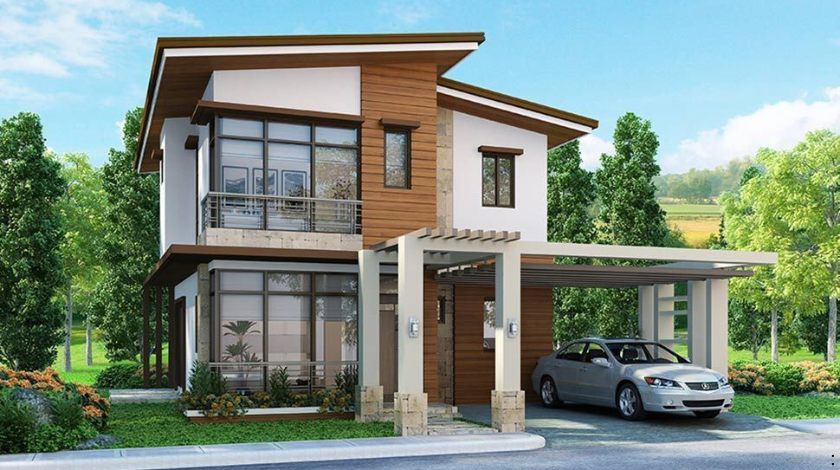The expression “Voyeur House” often sparks fascination and curiosity. It could suggest a variety of concepts, ranging in terms of architectural design, security concerns or certain online-based information. This article will examine different interpretations and meanings in the context of “Voyeur House,” examining the implications for different areas.
1. Architectural Design and Privacy
Architecturally, the term “Voyeur House” could refer to a style of architecture which emphasizes openness and transparency and could result in increased privacy issues. Modern architecture usually explores the relationship between open spaces as well as privacy. This may occasionally result in the effect of voyeuristic.
Key Aspects:
- Open Floor plans: Contemporary homes with open floor plans typically have huge windows as well as glass walls. These could create the impression of space, however it can cause concerns over privacy.
- Design Solution: Architects use various methods to reduce privacy concerns by incorporating intelligent glass that will become transparent with the push of an arrow, or installing screens and walls to make it difficult to see outside.
2. Privacy Concerns in Modern Homes
As the popularity of smart homes and increasing connectivity, privacy has been a major concern. homes equipped with cameras, smart gadgets, and other internet-connected gadgets can cause situations in which people’s privacy may be compromised.
Considerations:
- Surveillance Technology Utilizing security cameras as well as smart devices may increase security, but they also create questions about the security of data and access that is not authorized.
- ethical implications: The homeowners must think about the ethical consequences of implementing surveillance systems to ensure they don’t violate the privacy rights of others for instance, guests or neighbors.
3. Voyeur House in Media and Culture
The phrase “Voyeur House” might also be employed in popular and media to denote certain kinds of narratives and content that are centered around the notion of”voyeurism. These could be TV shows, films as well as online-based content exploring themes such as the observant and intrusion of privacy.
Examples:
- TV and film: Many films and television shows explore the idea of voyeurism looking at issues of privacy as well as the psychological consequences of being watched or watching other people.
- Internet Content on the web The term could be a reference to sites, or with content featuring sexually explicit themes. This raises concerns regarding privacy and consent.
4. Legal and Ethical Considerations
Voyeurism, of any kind is a source of ethical and legal questions. It is important to discern from acceptable monitoring (such as security precautions) as opposed to illegal or unprofessional methods.
Legal Aspects:
- Privacy Laws Different states have distinct laws on privacy and monitoring. It is essential for both individuals as well as organizations to be aware of and abide by these rules to avoid legal trouble.
- Ethics Considerations Beyond the legality of the matter Ethical considerations are crucial. Consent is the most important factor to ensure that any type of observation is done so in a respectful manner and with integrity.
5. Conclusion
The idea of”Voyeur House “Voyeur House” encompasses a spectrum of possible interpretations, including architectural styles that question the privacy rules to media representations which explore voyeuristic concepts. In the realms of designs, technology, or in media, the fundamental notions of observation and privacy are crucial to comprehend the significance of this idea. In the future, as technology and design continues to advance, finding the right balance between transparency and privacy will continue to be an essential aspect of contemporary life.
Knowing and understanding these issues is vital to make sure our home and all interactions with technology are in line with the privacy of our families and adhere to ethical guidelines.




